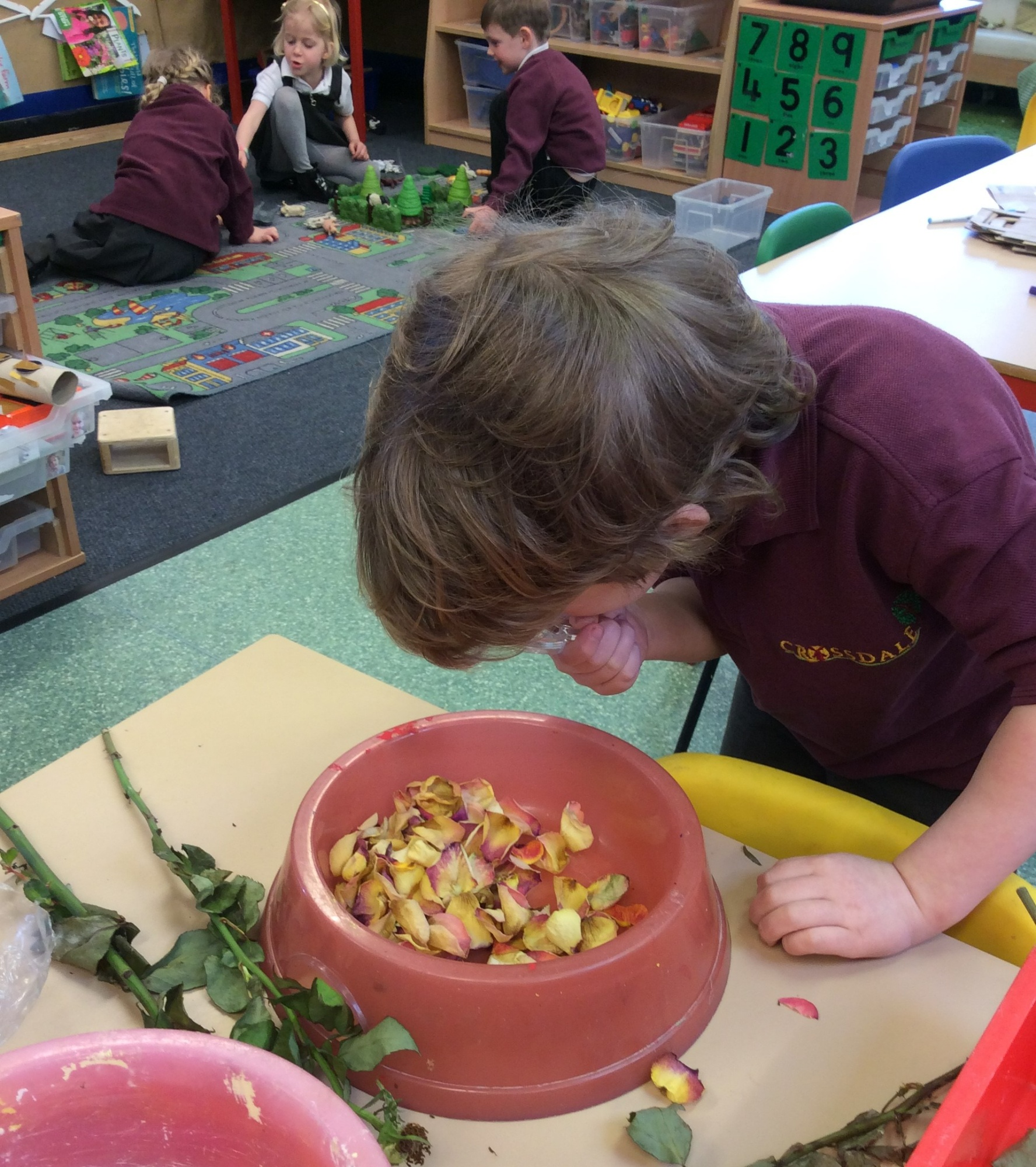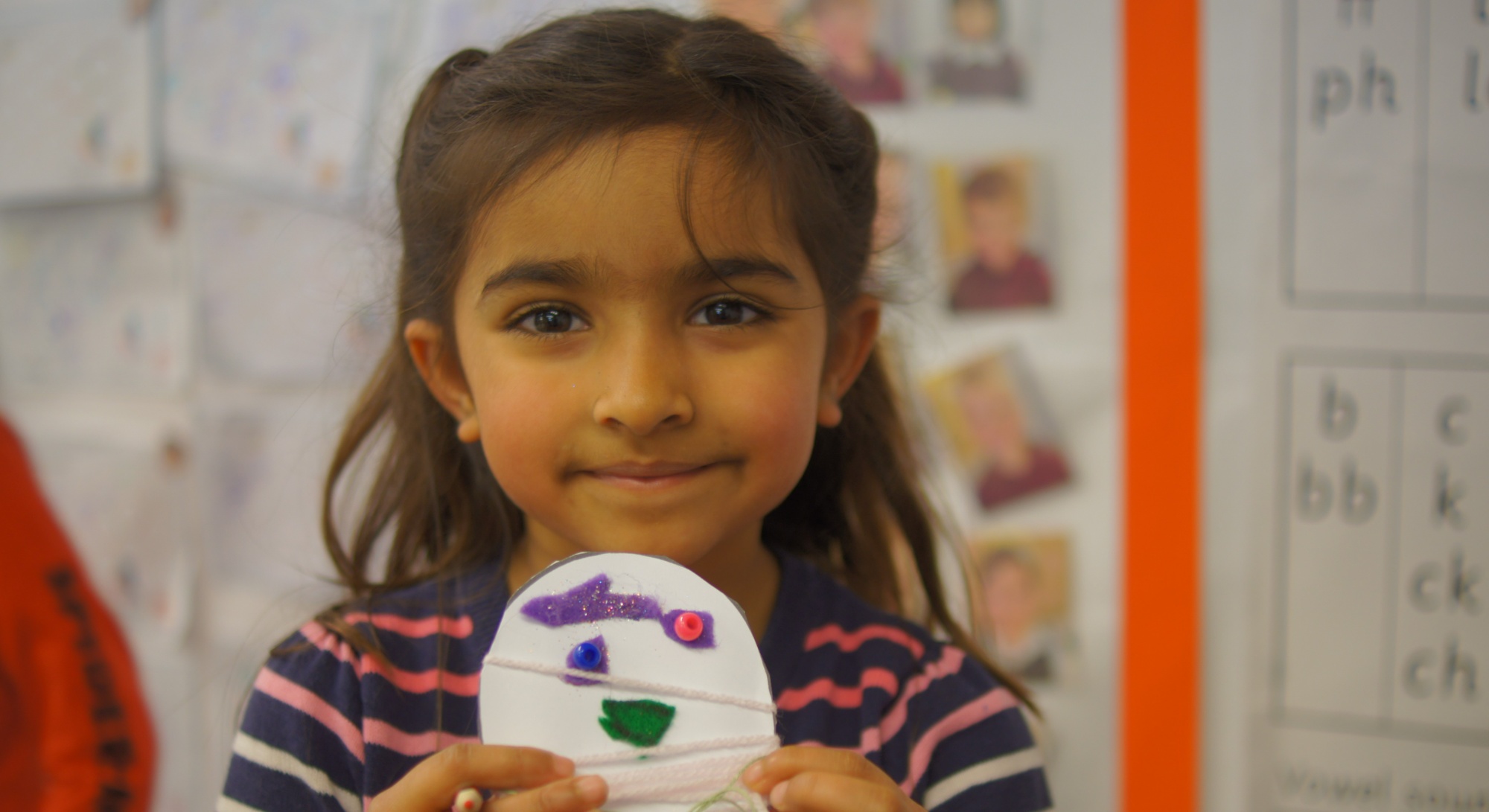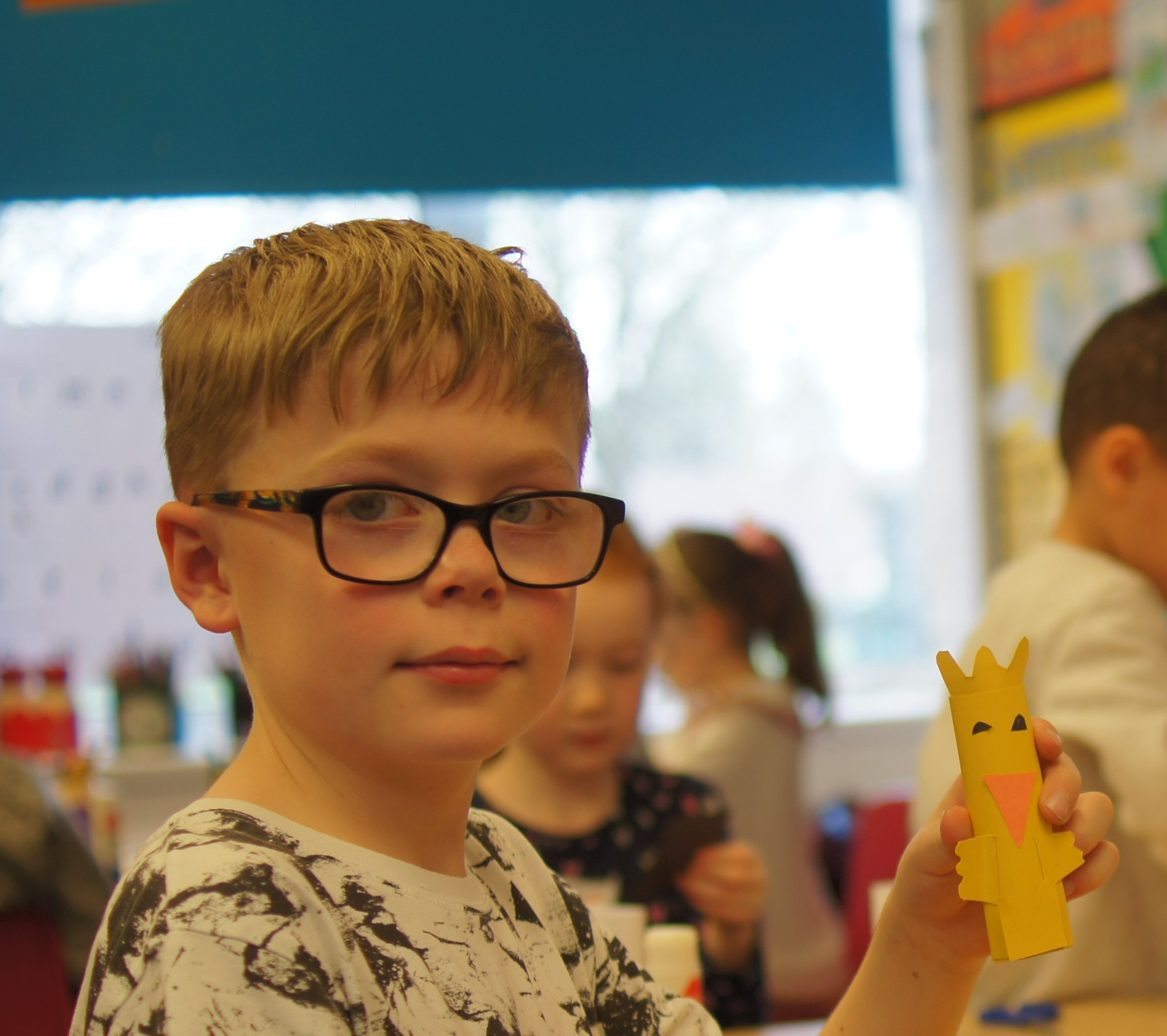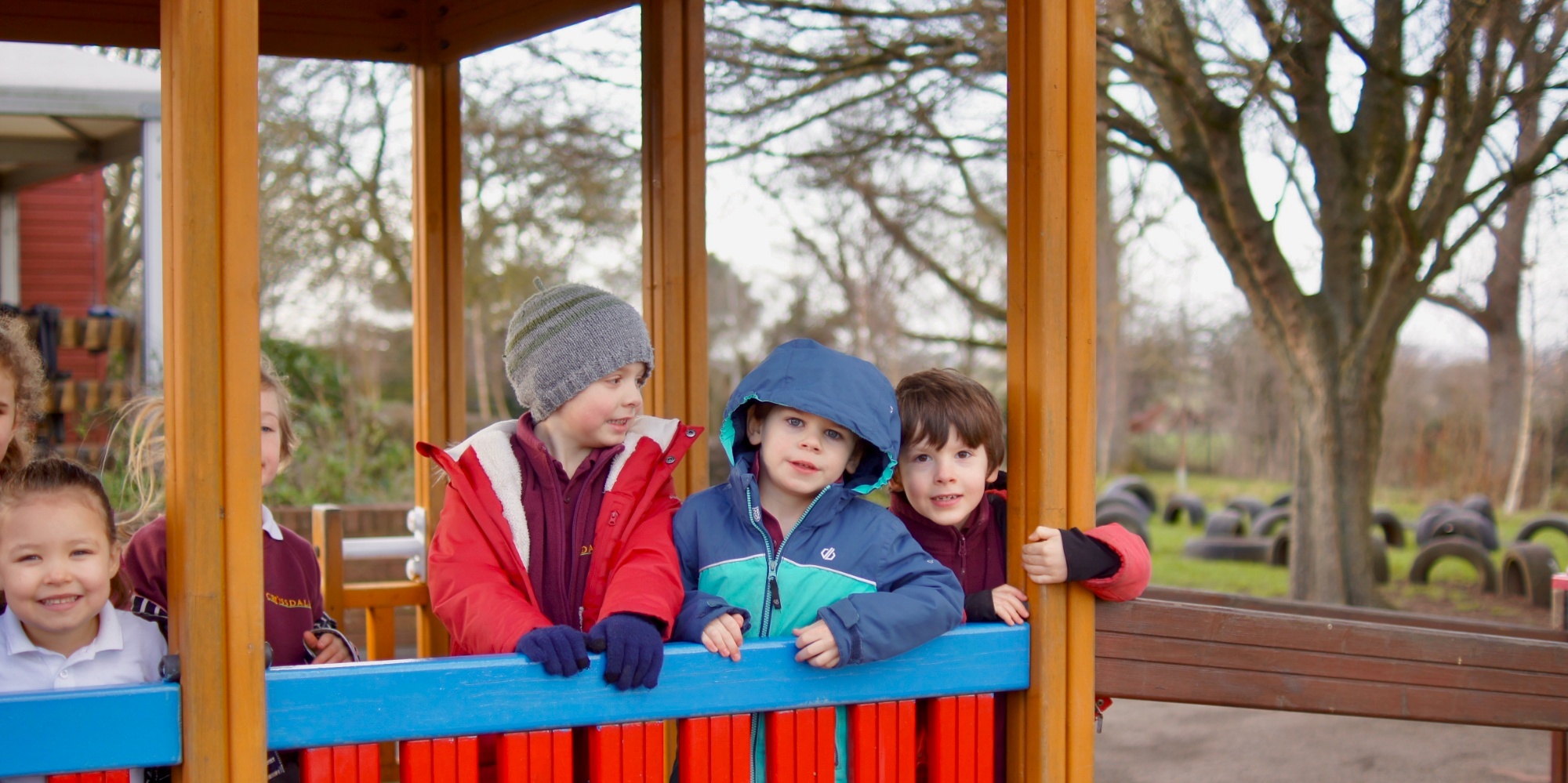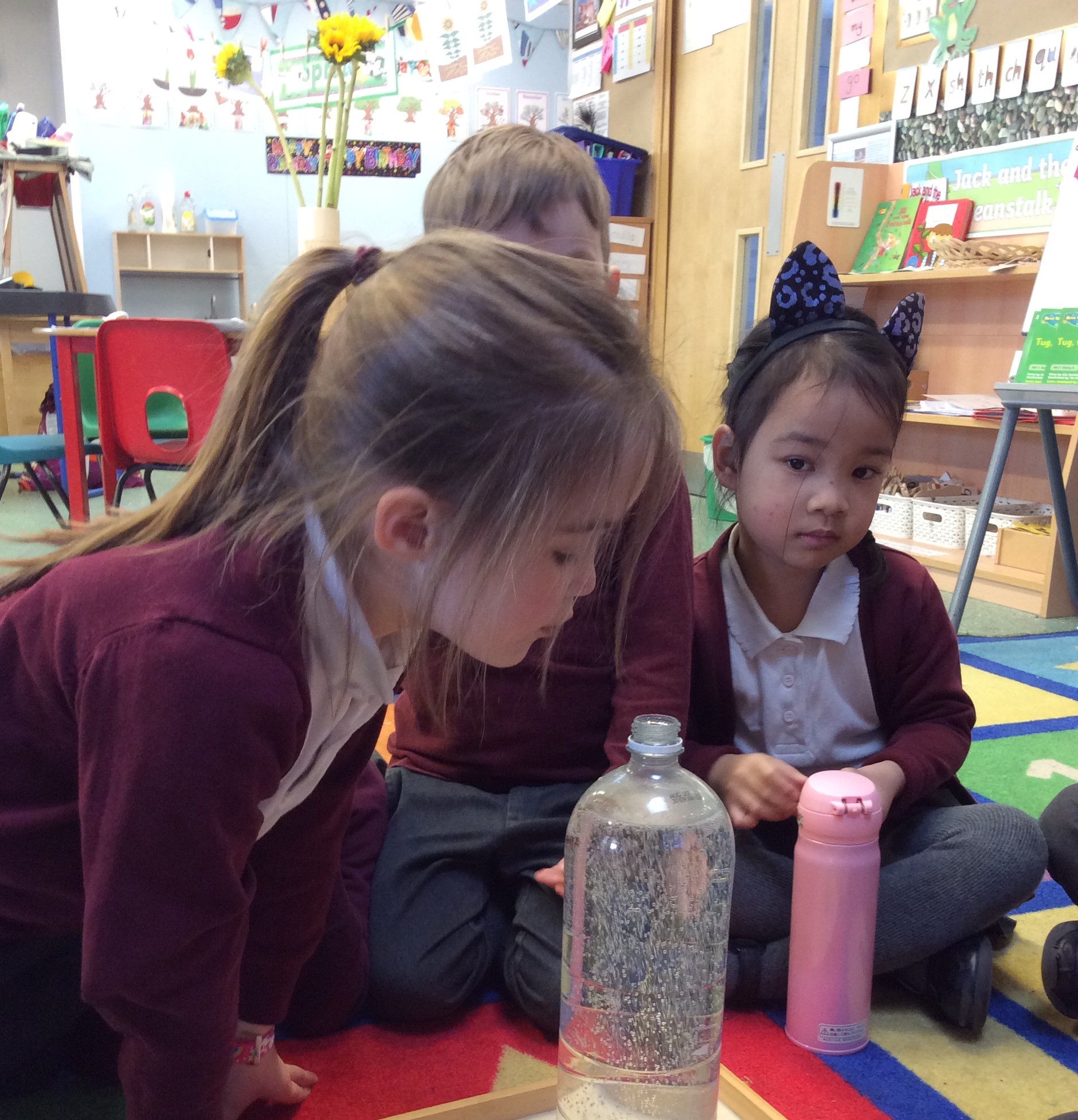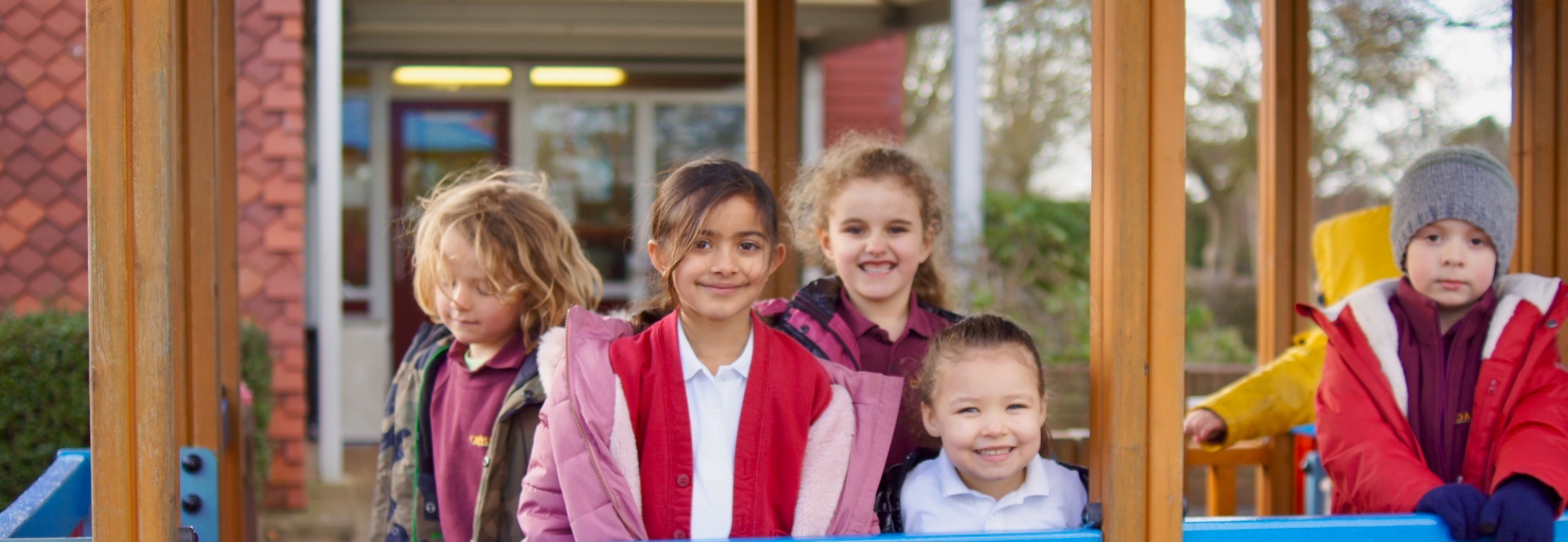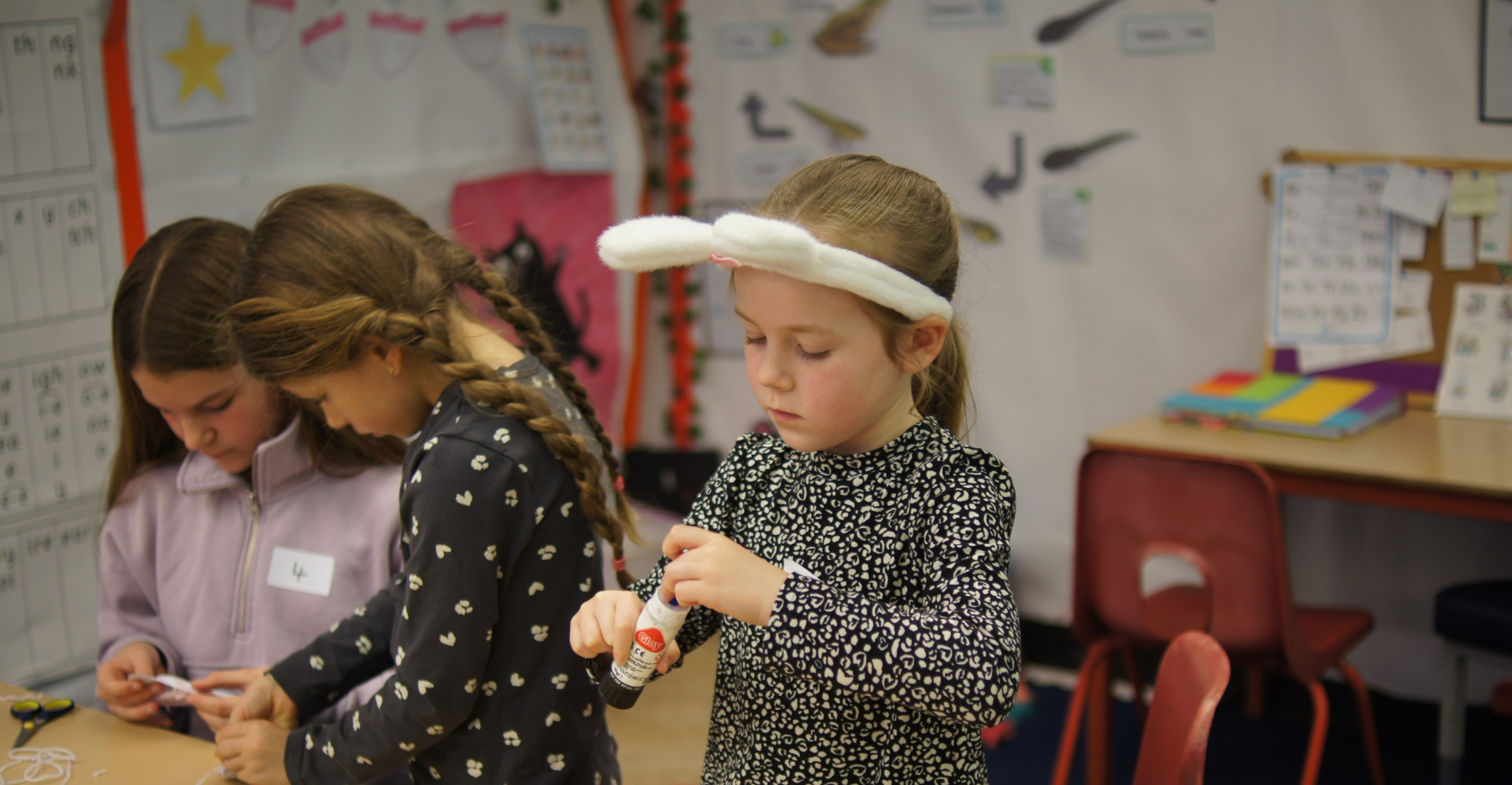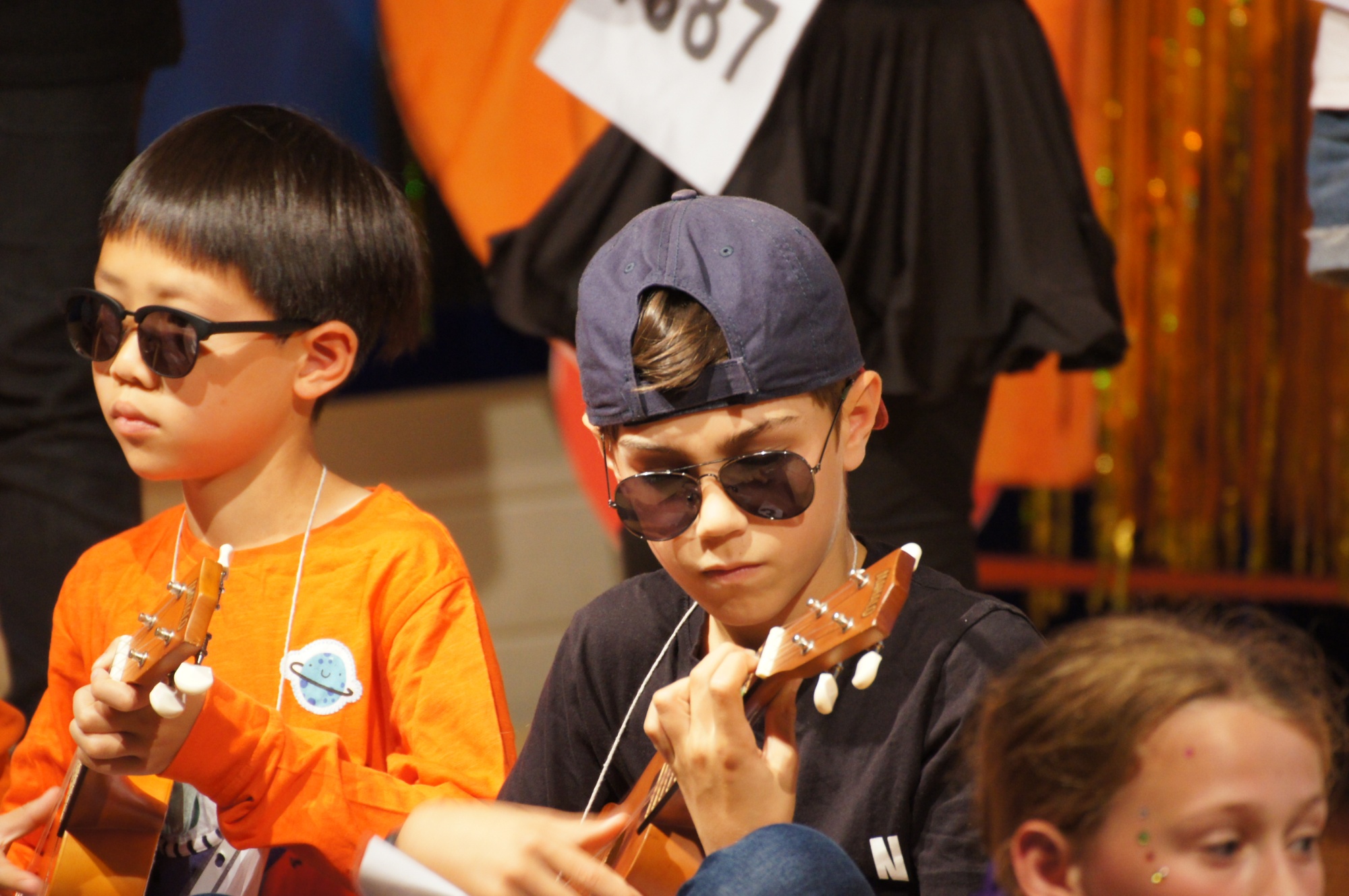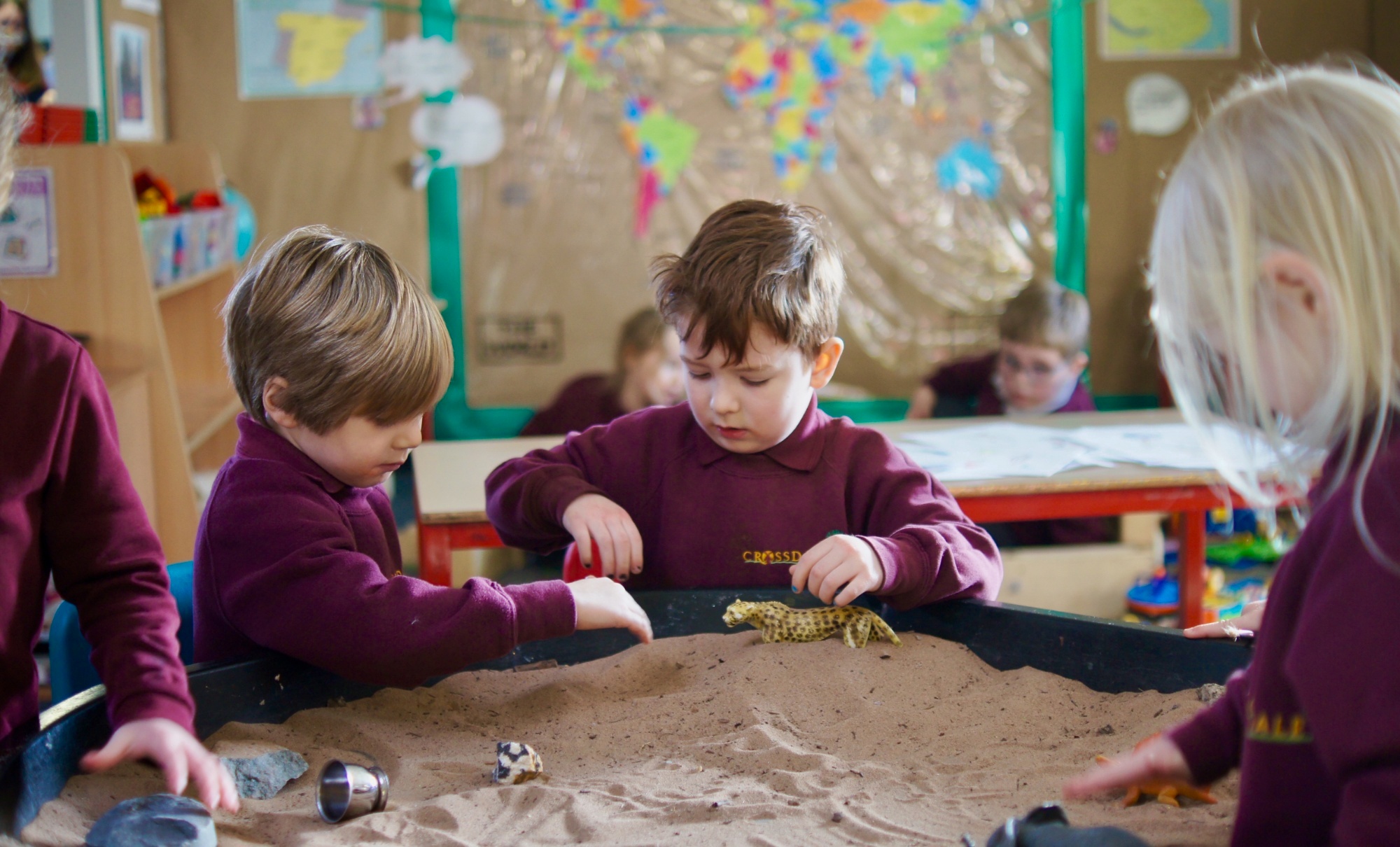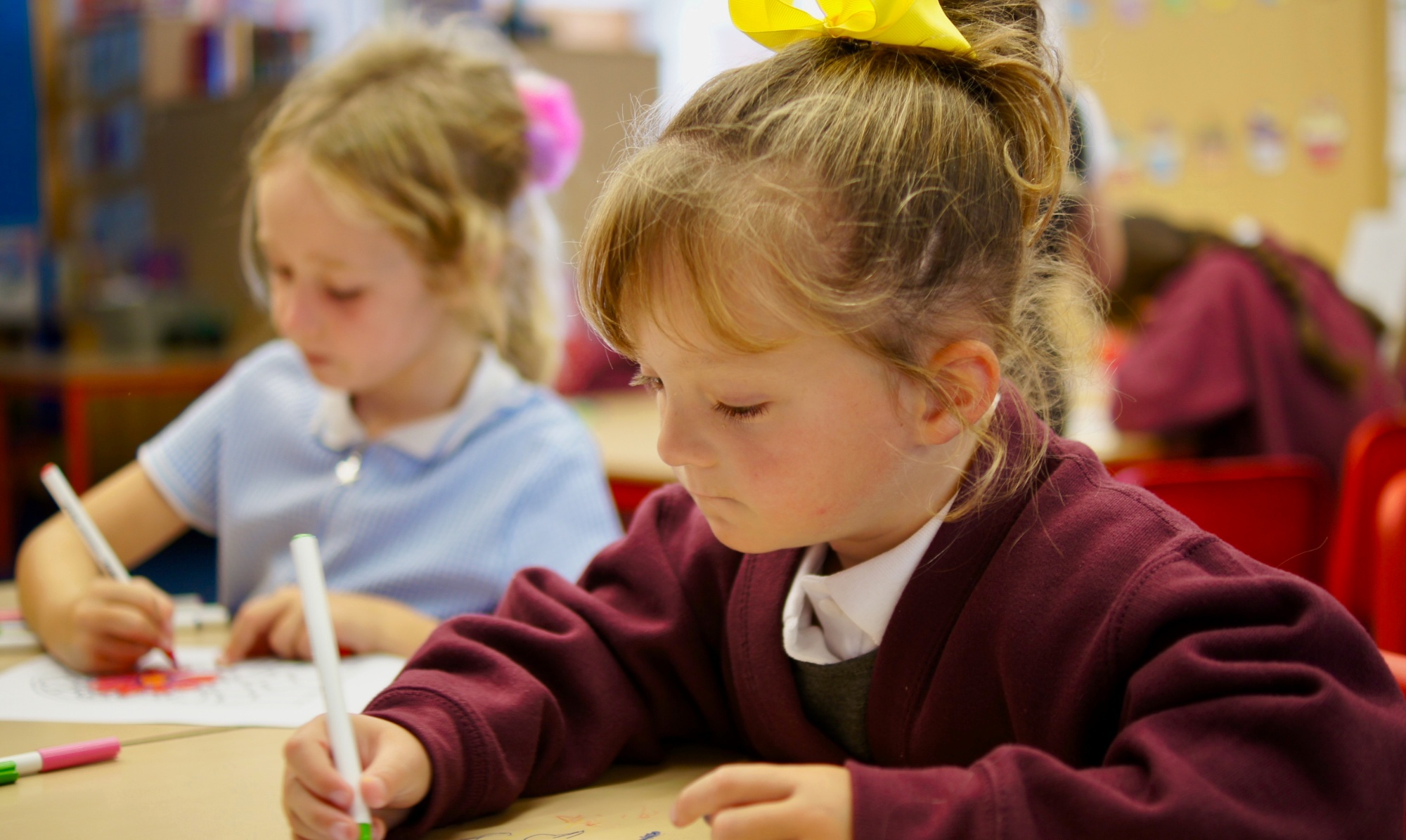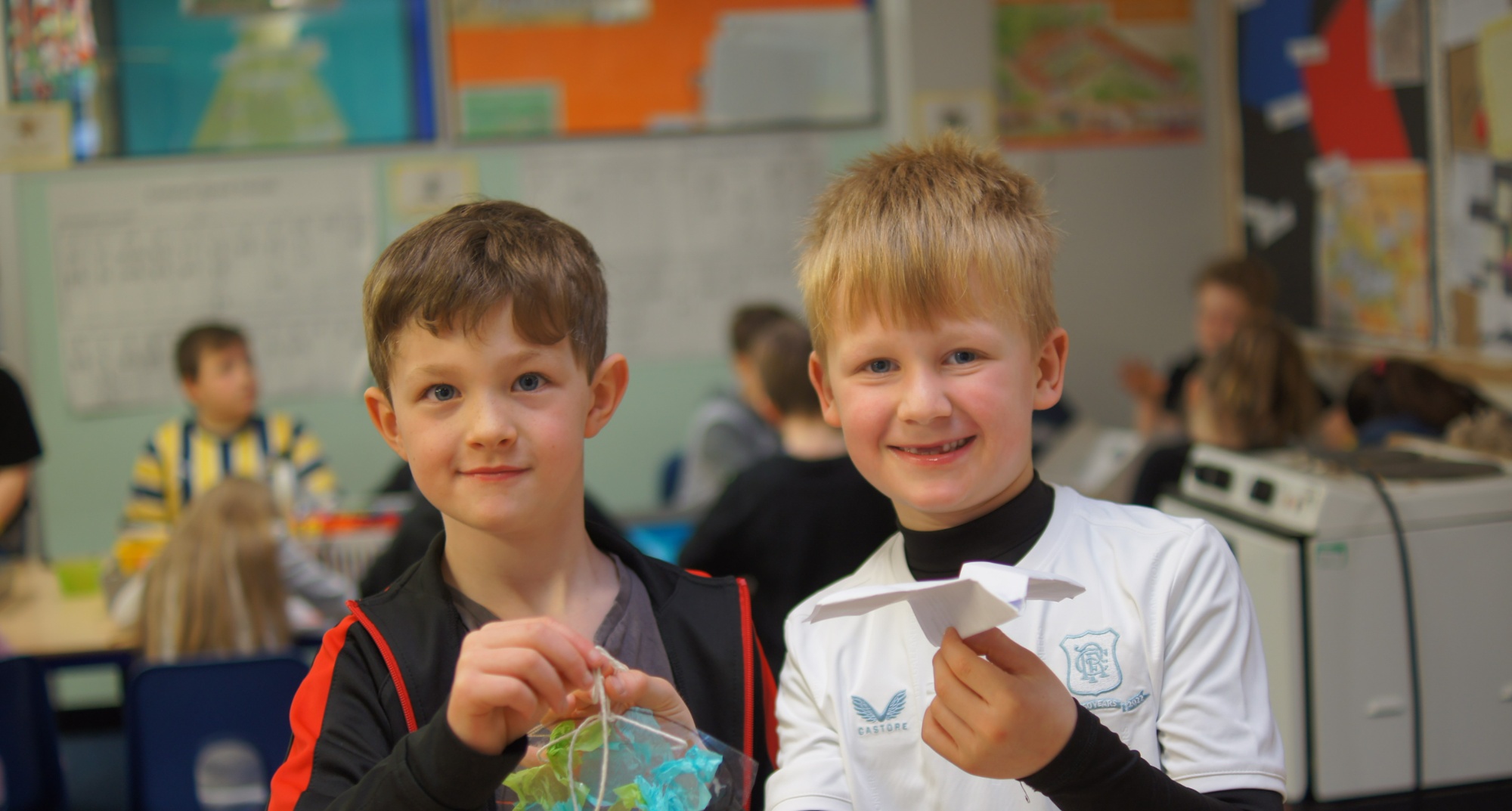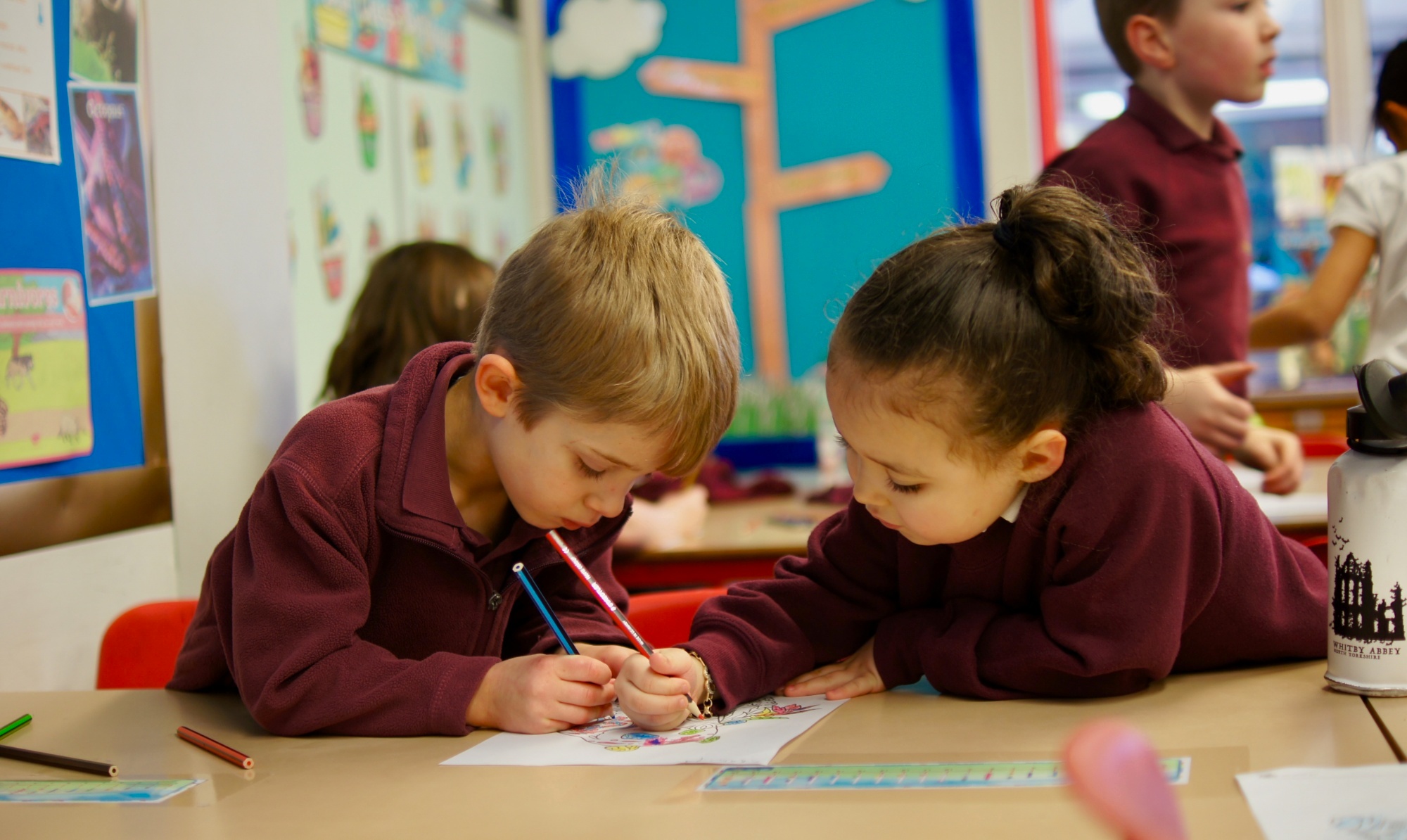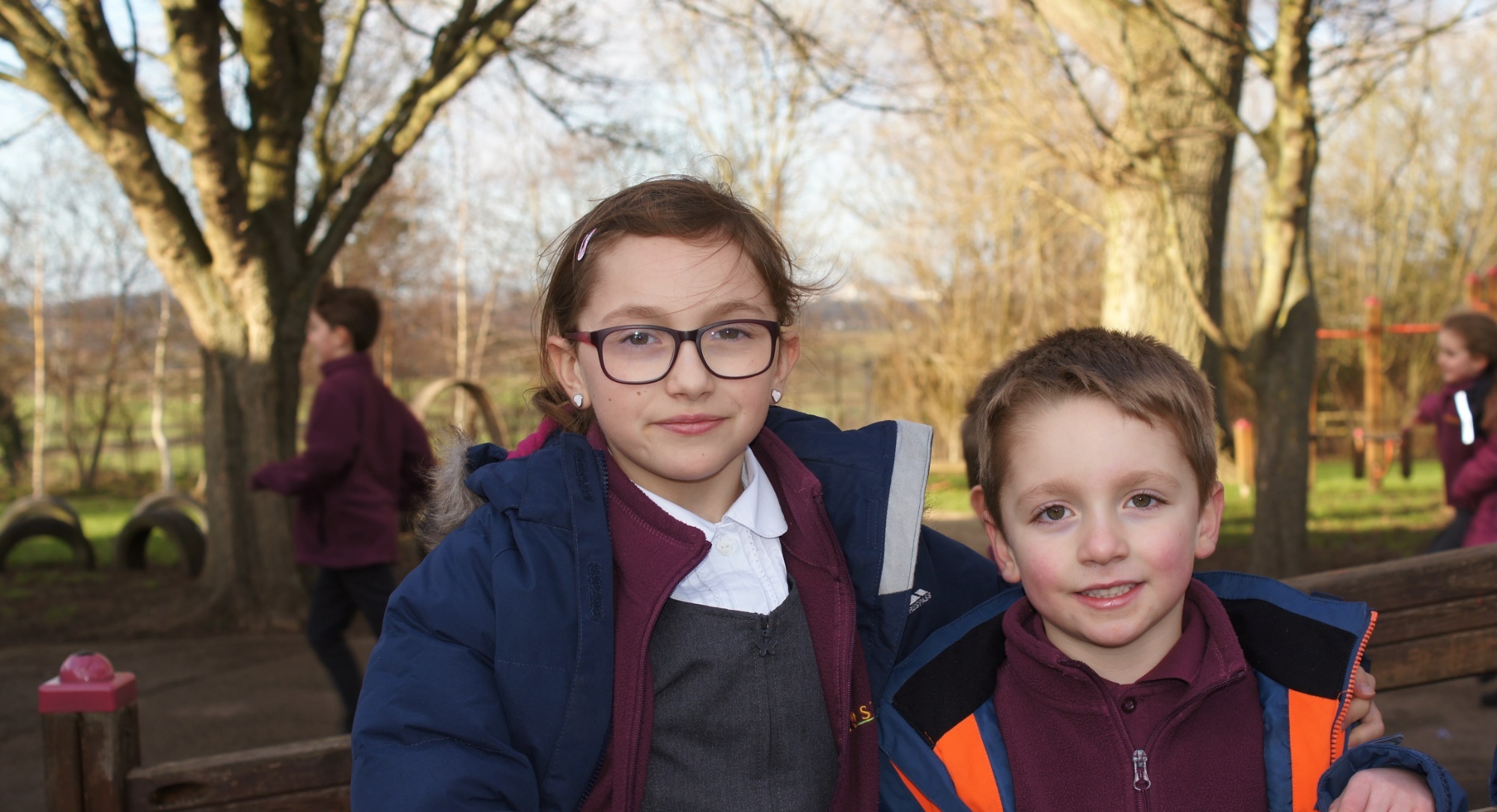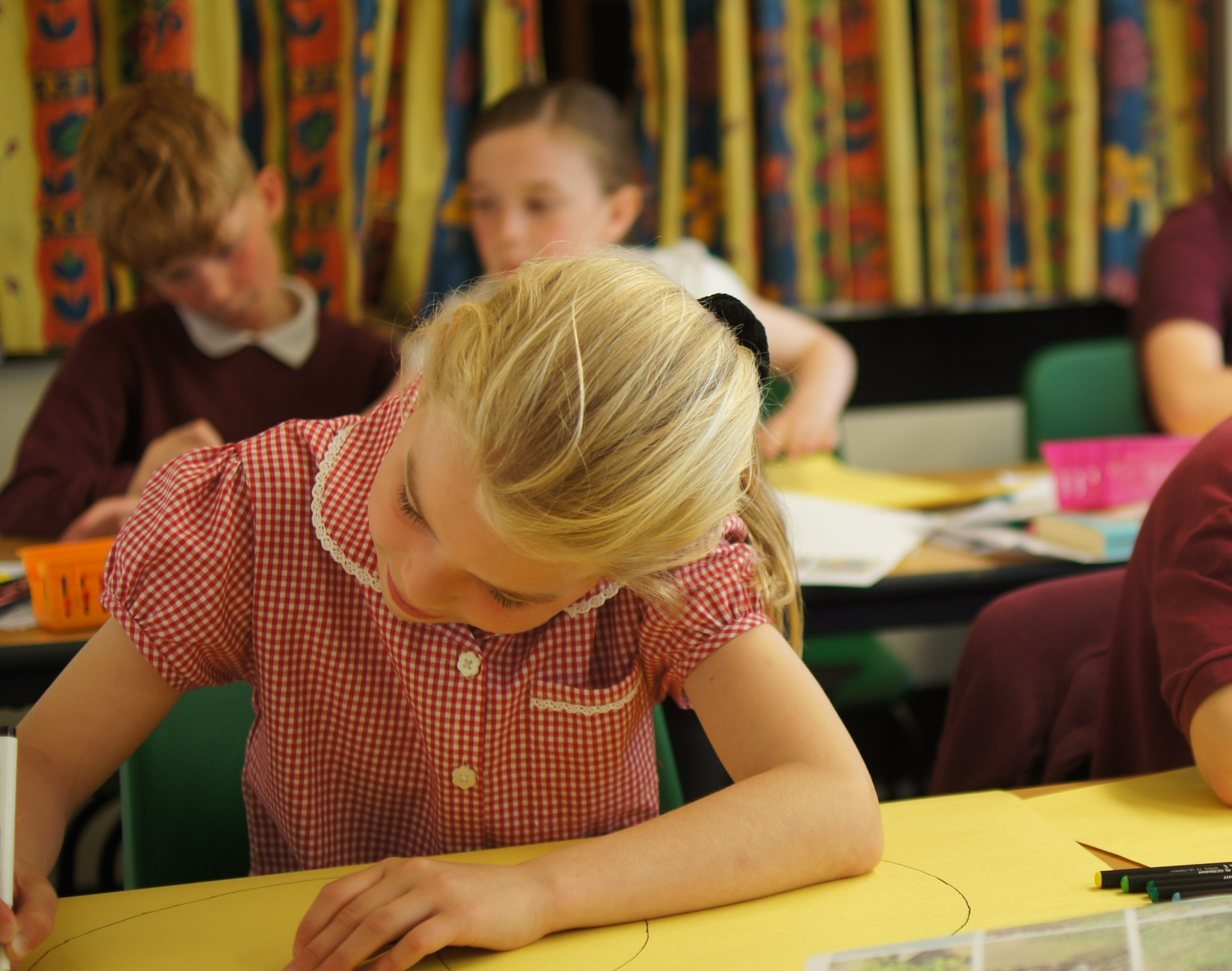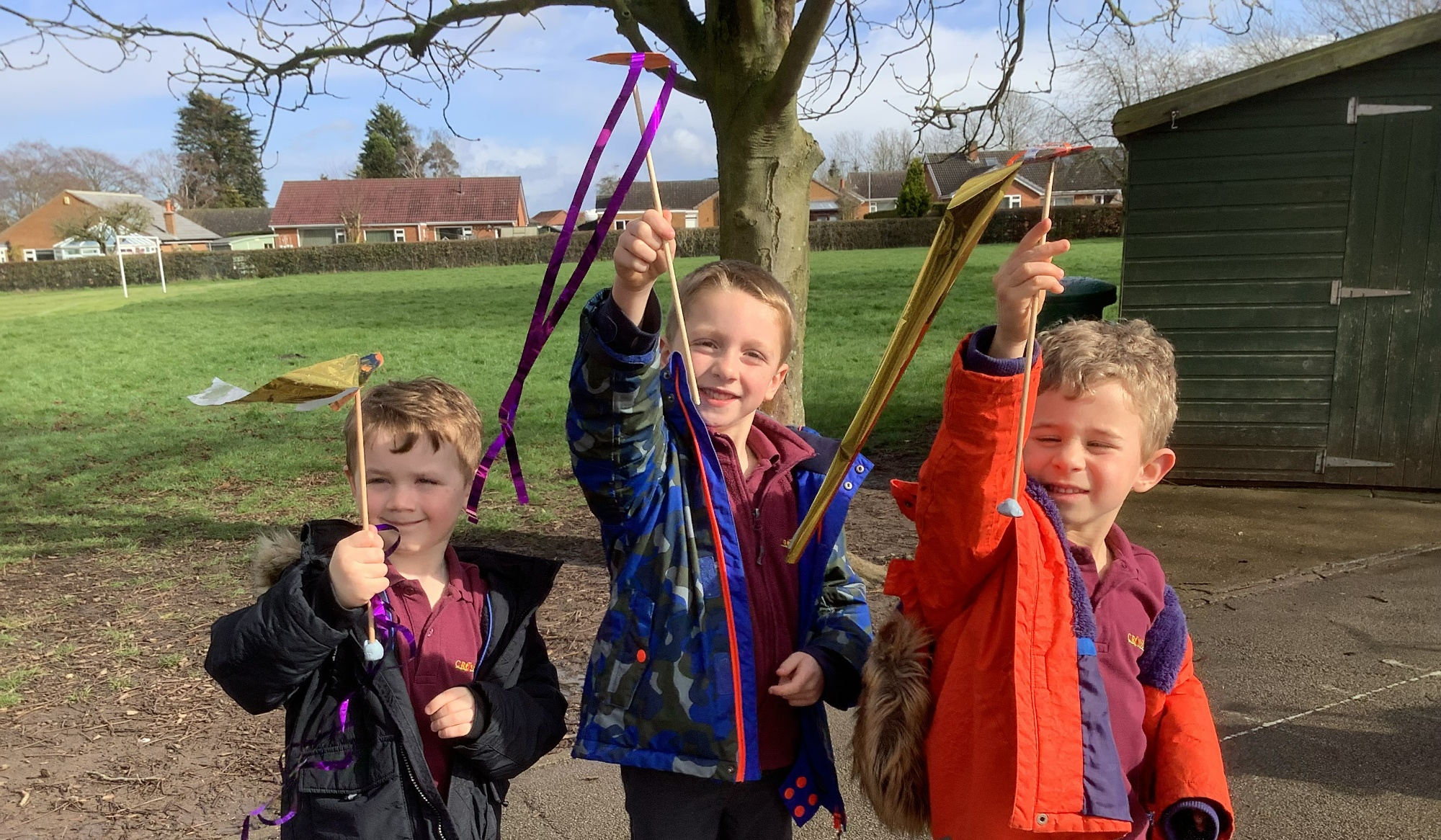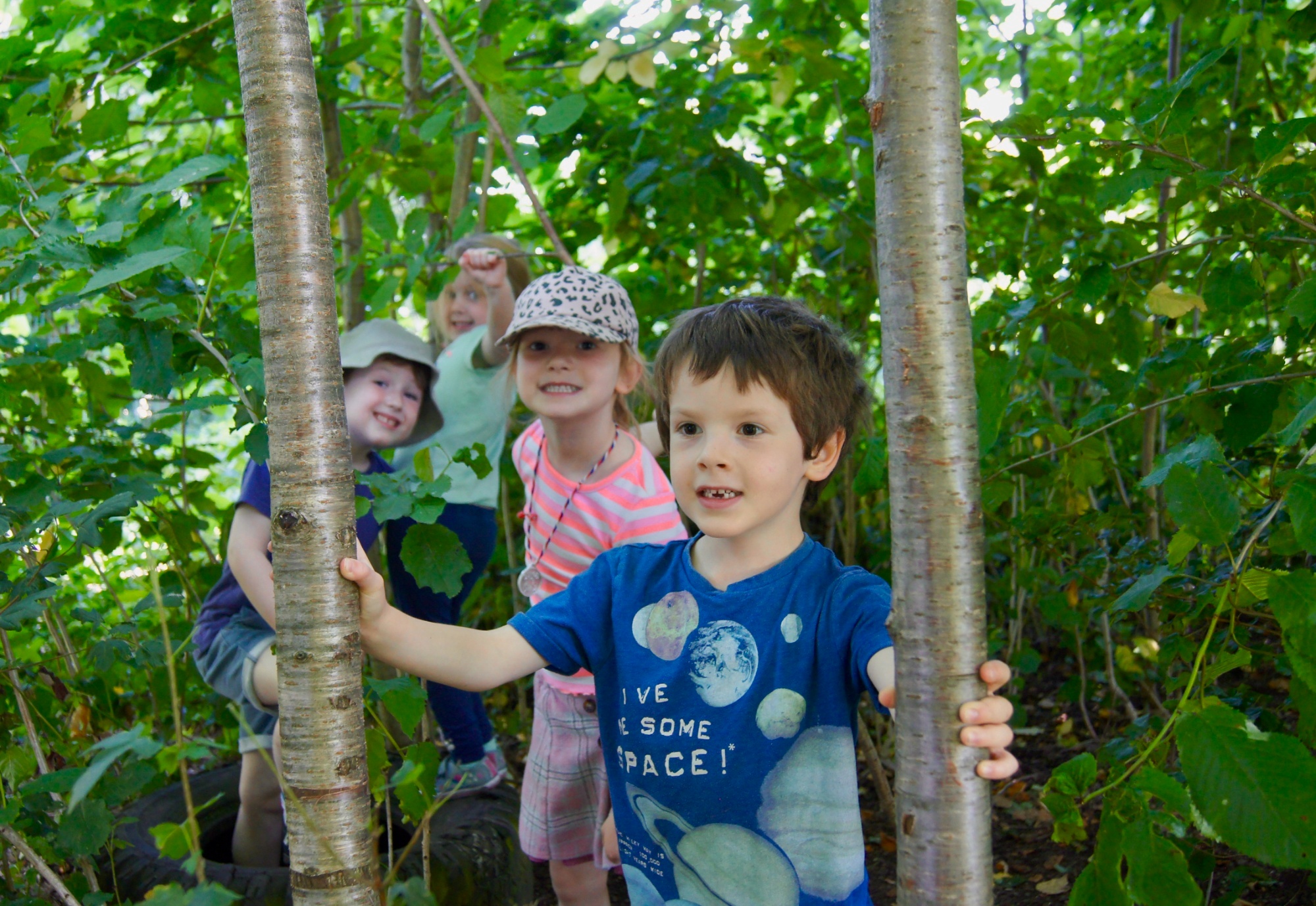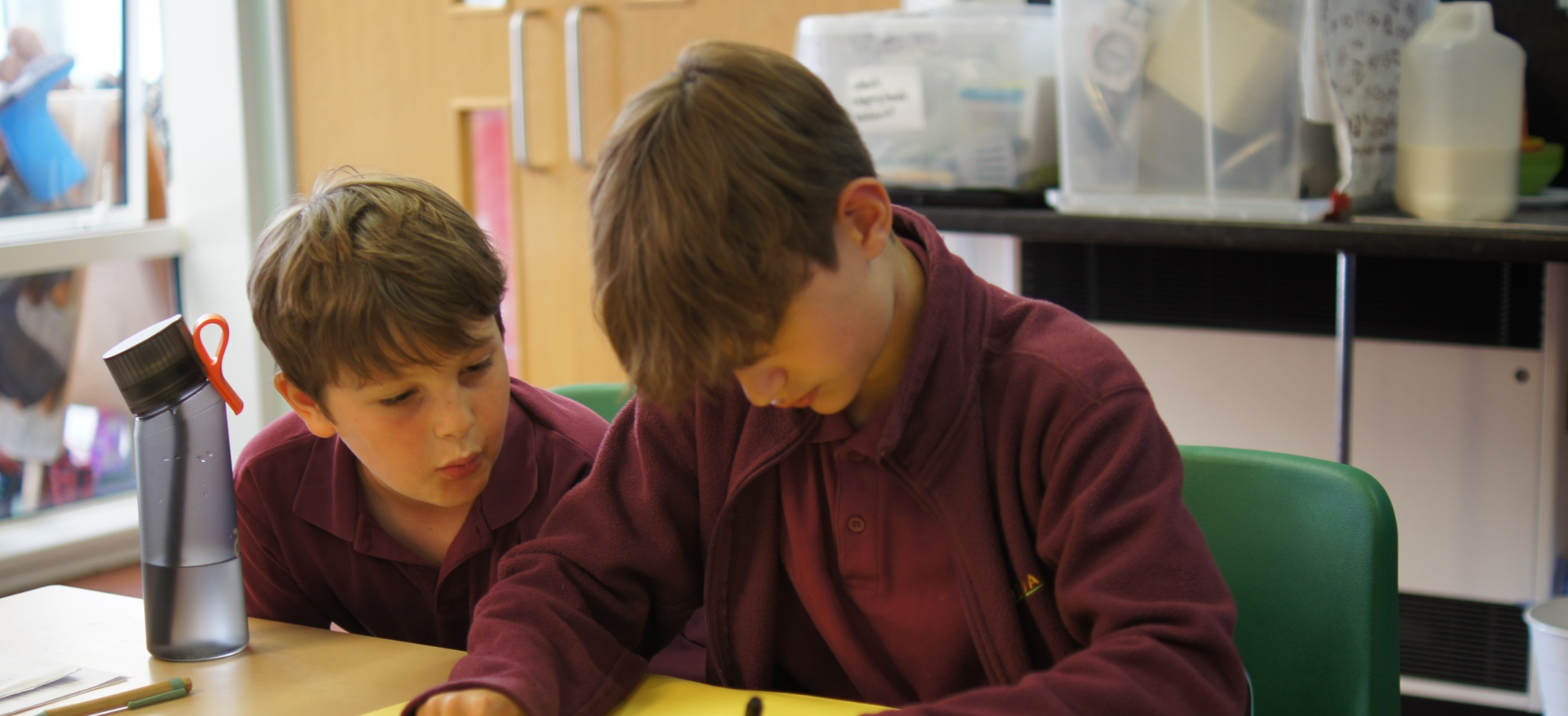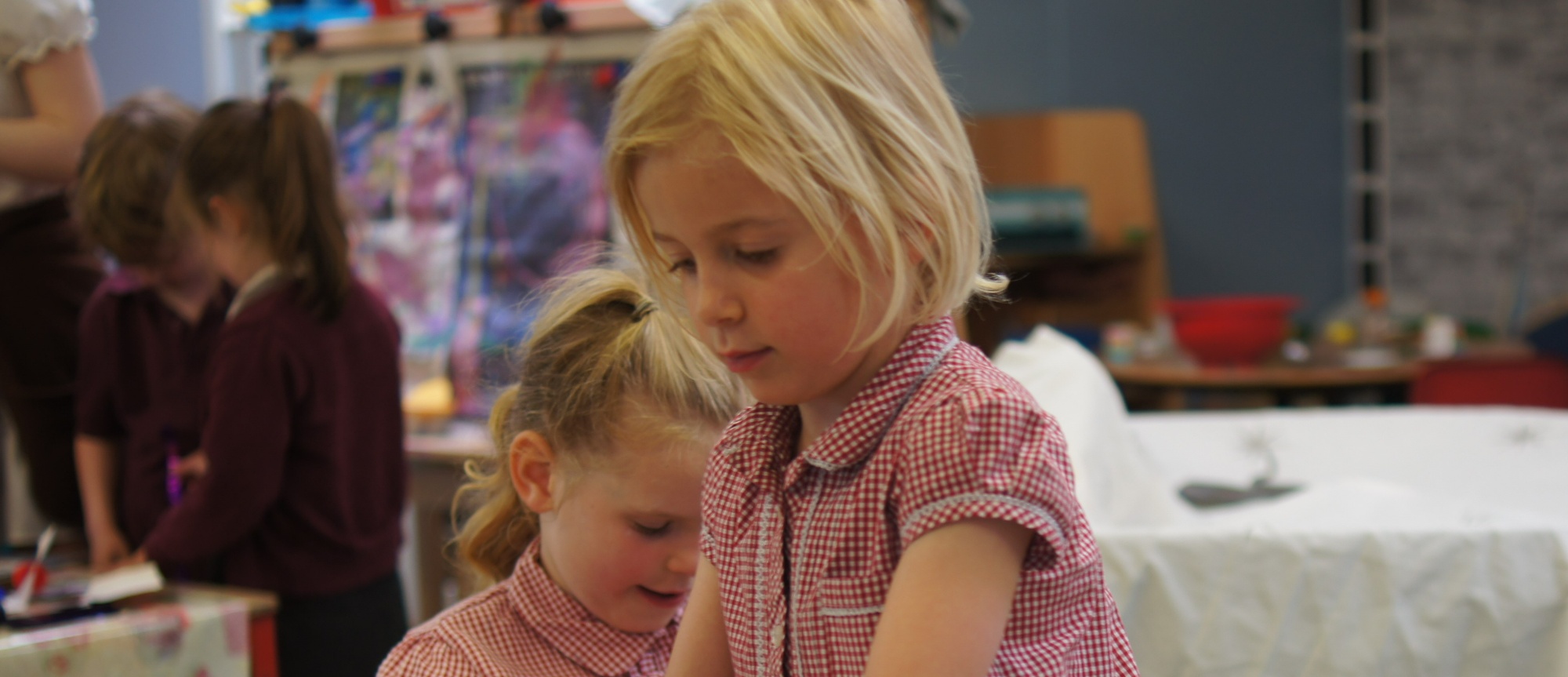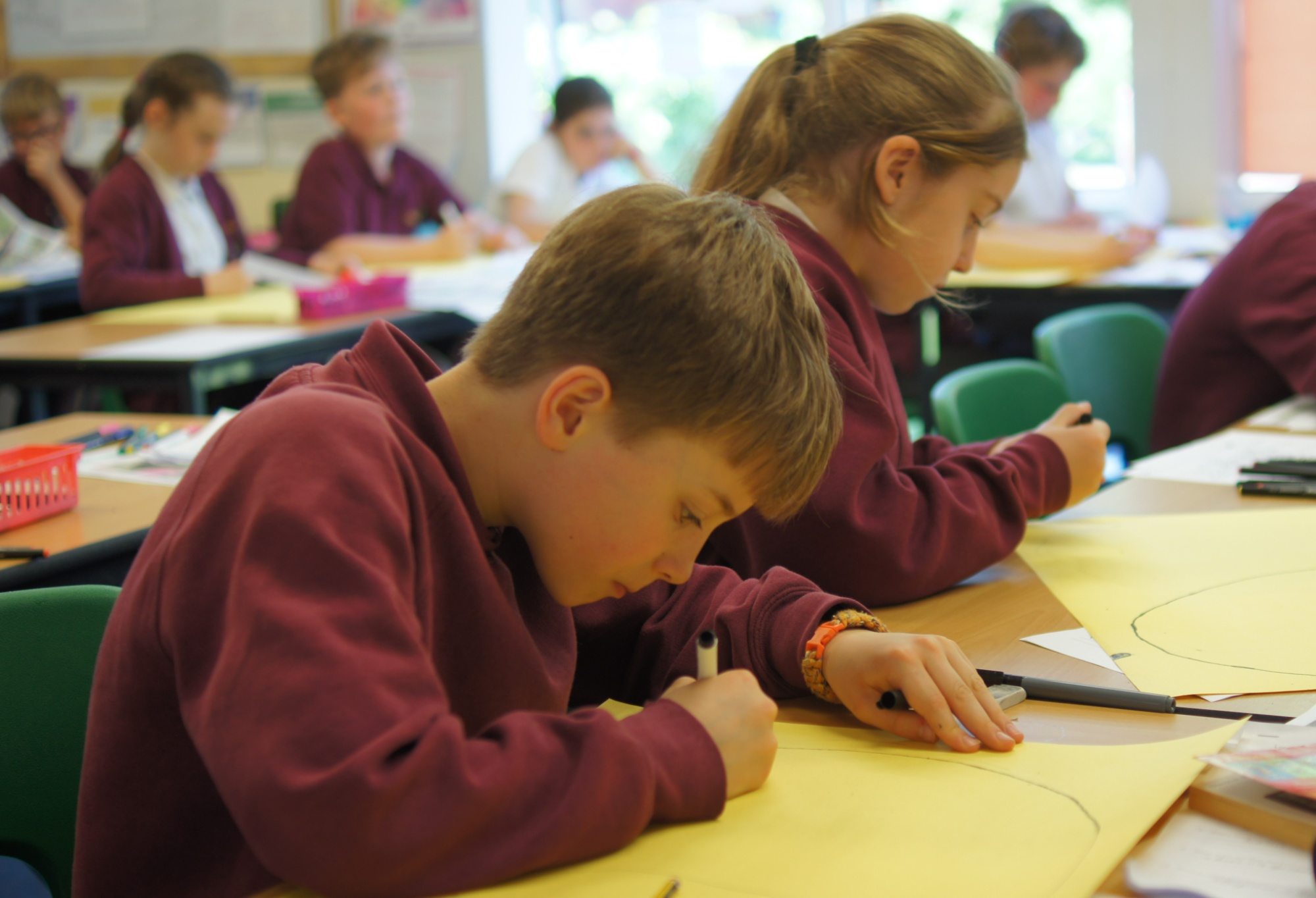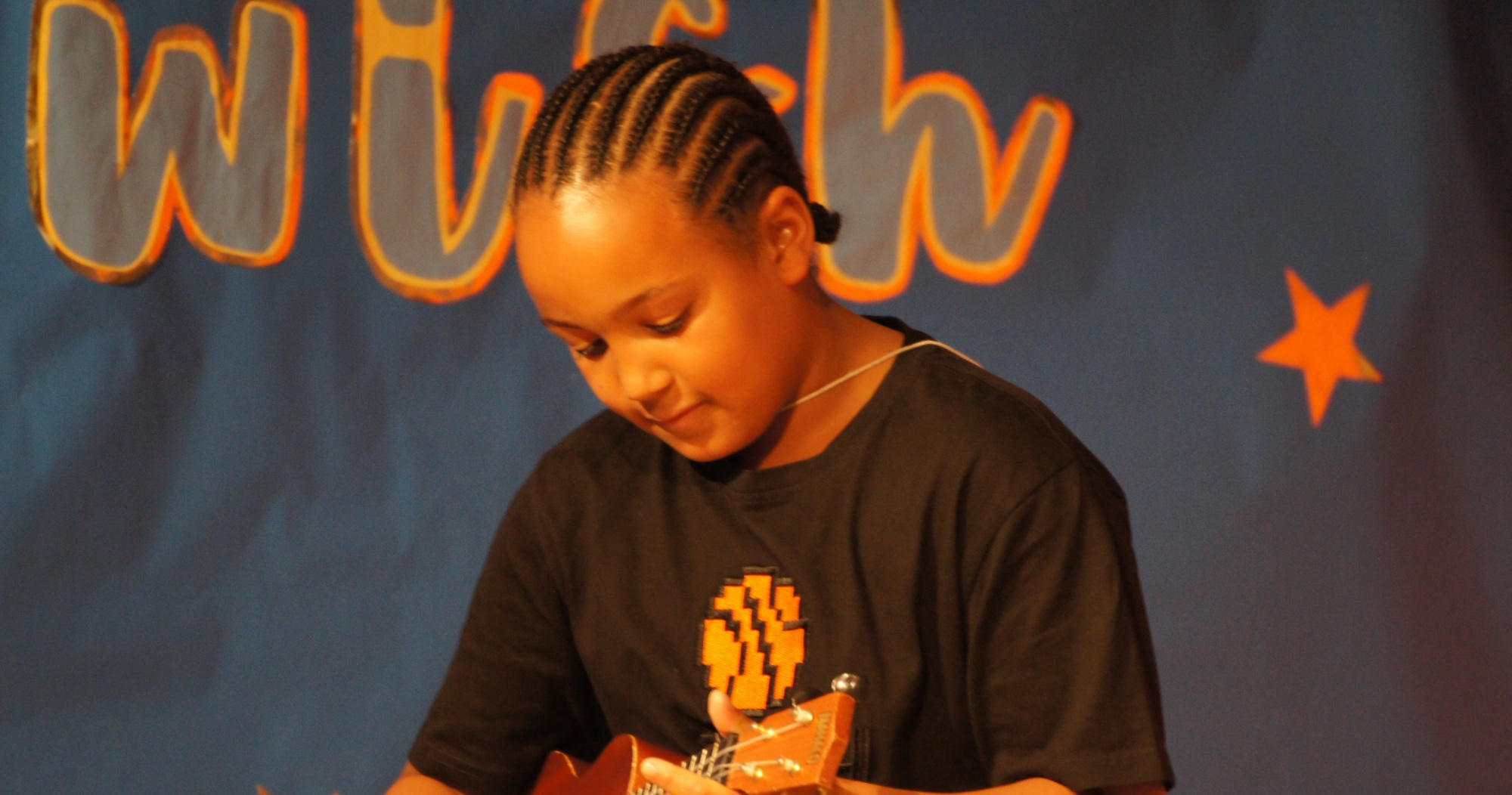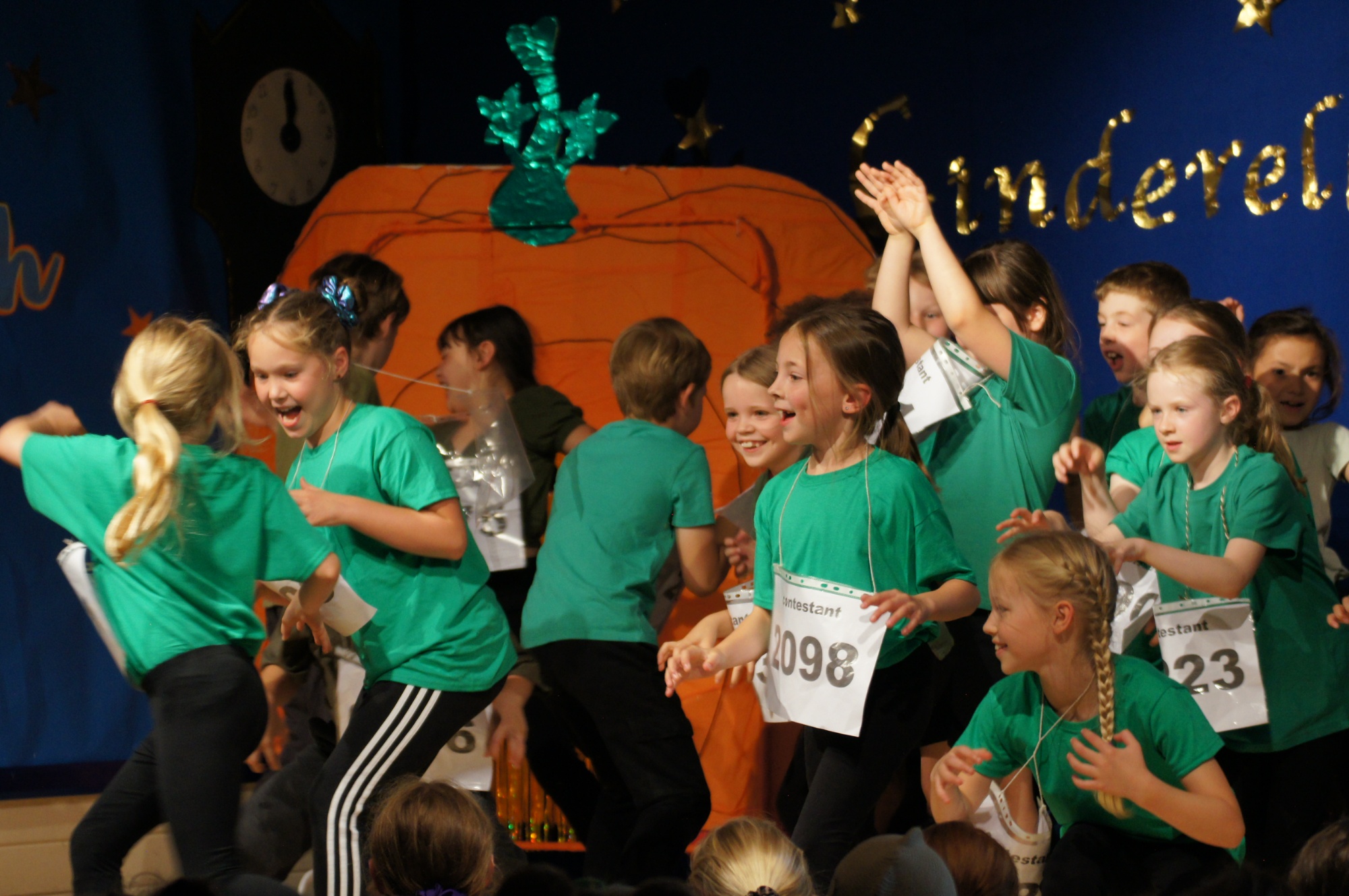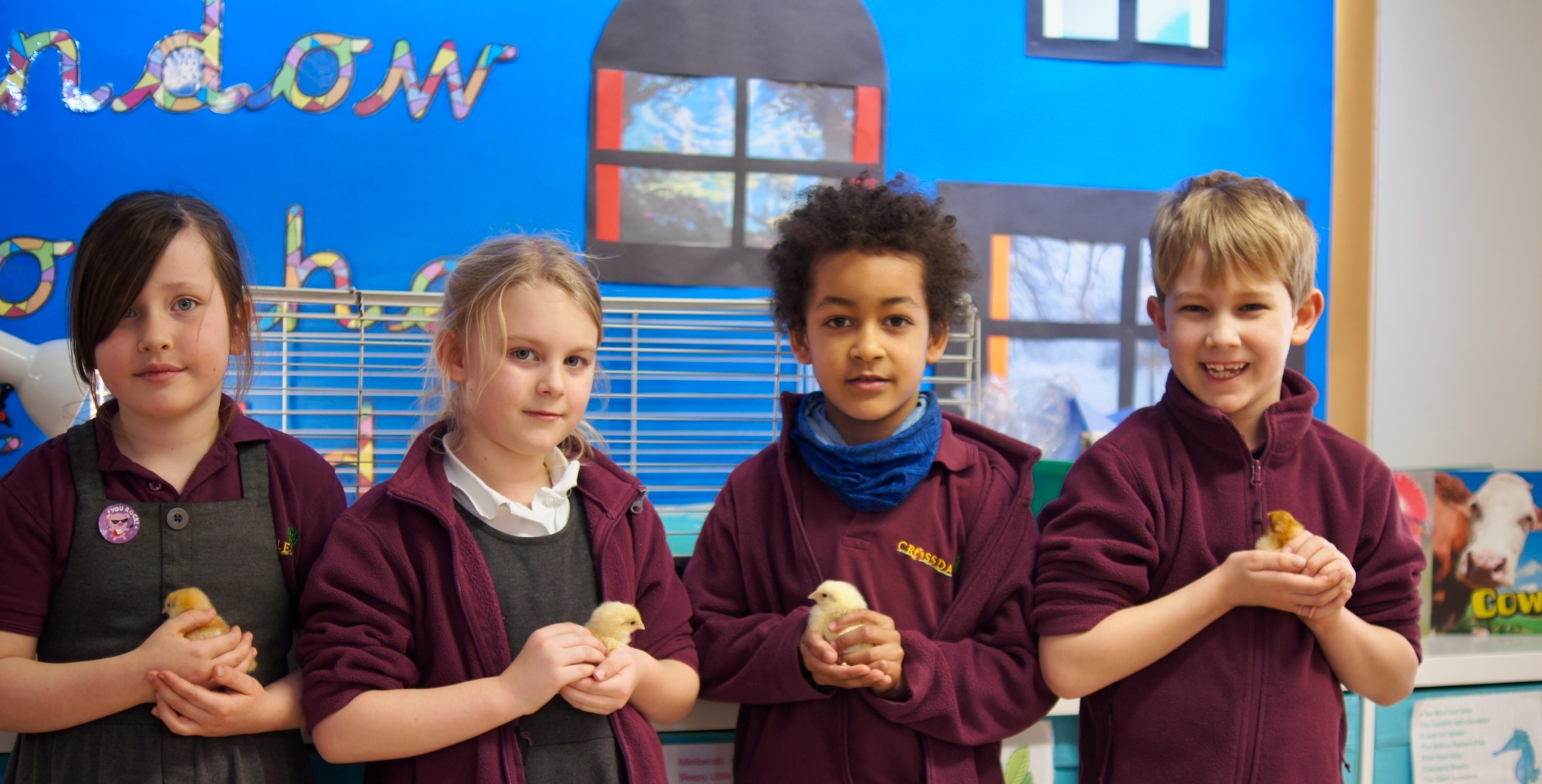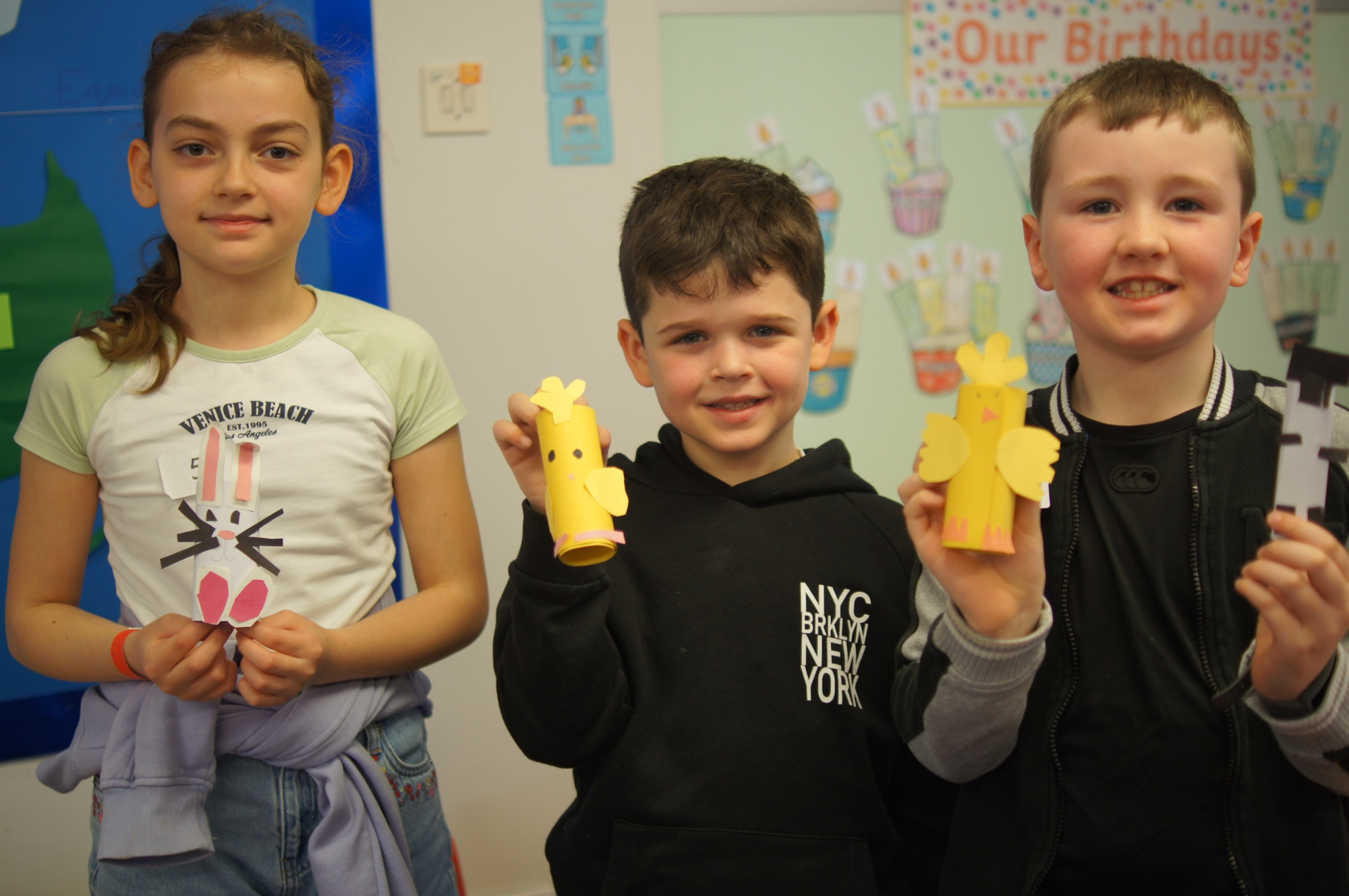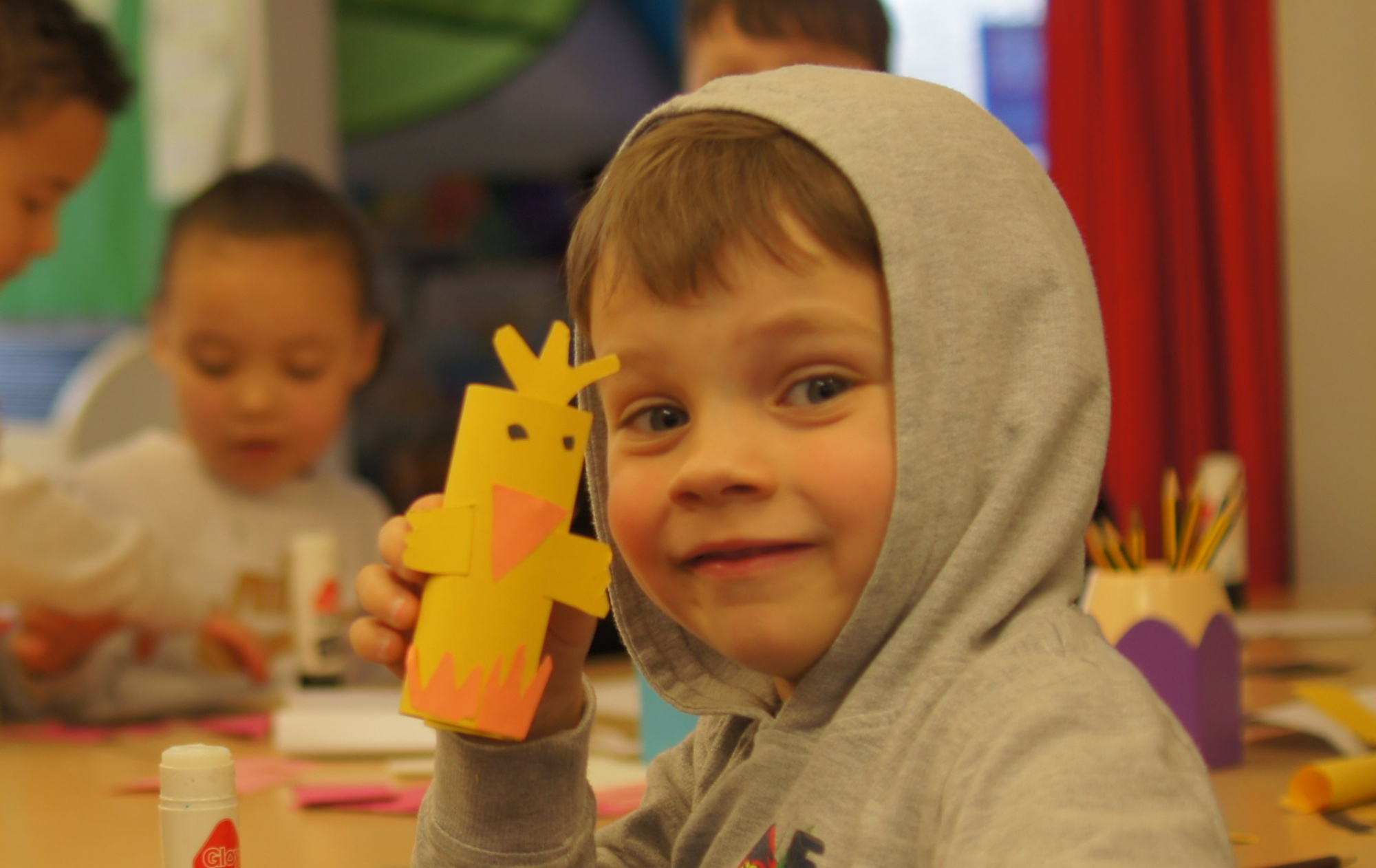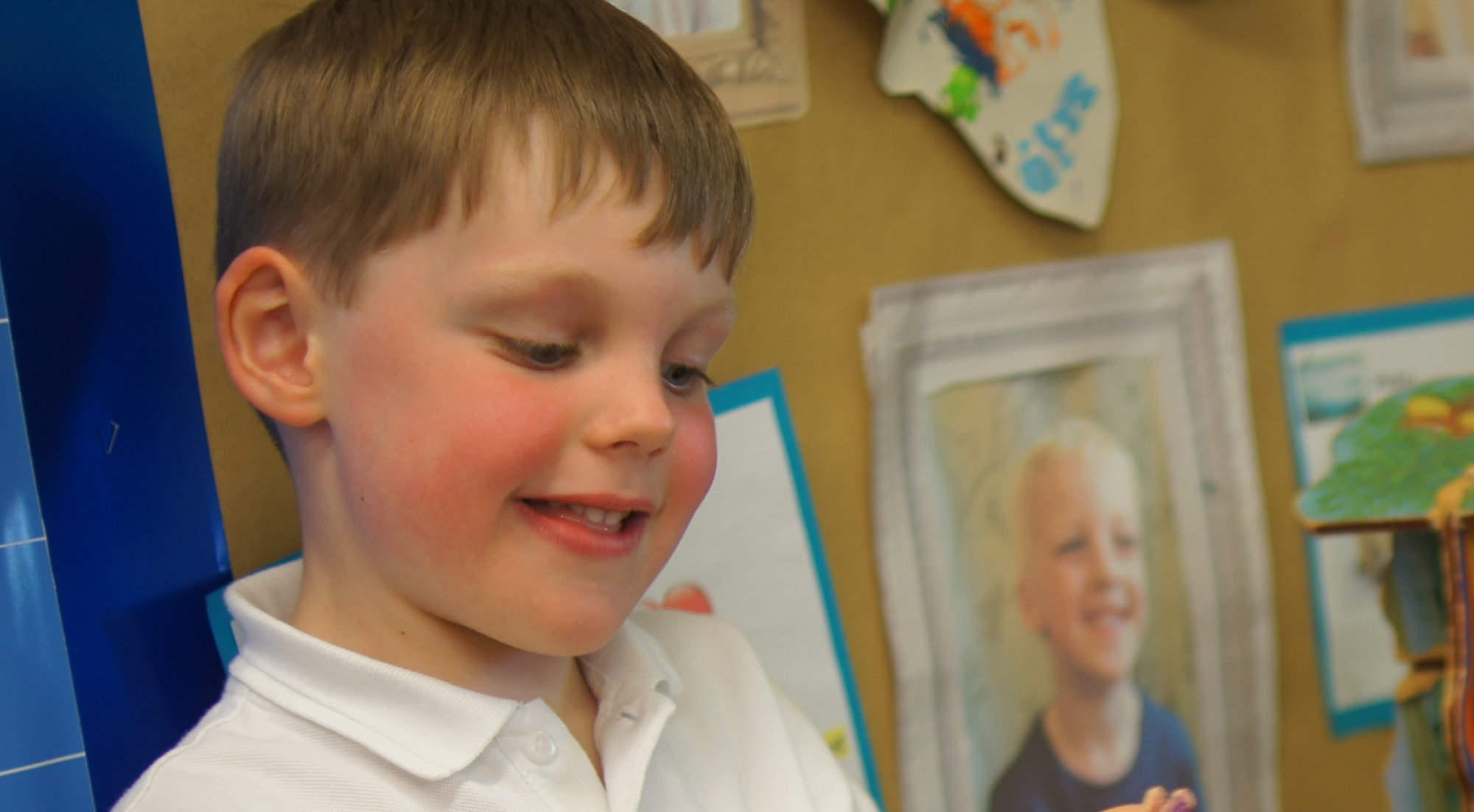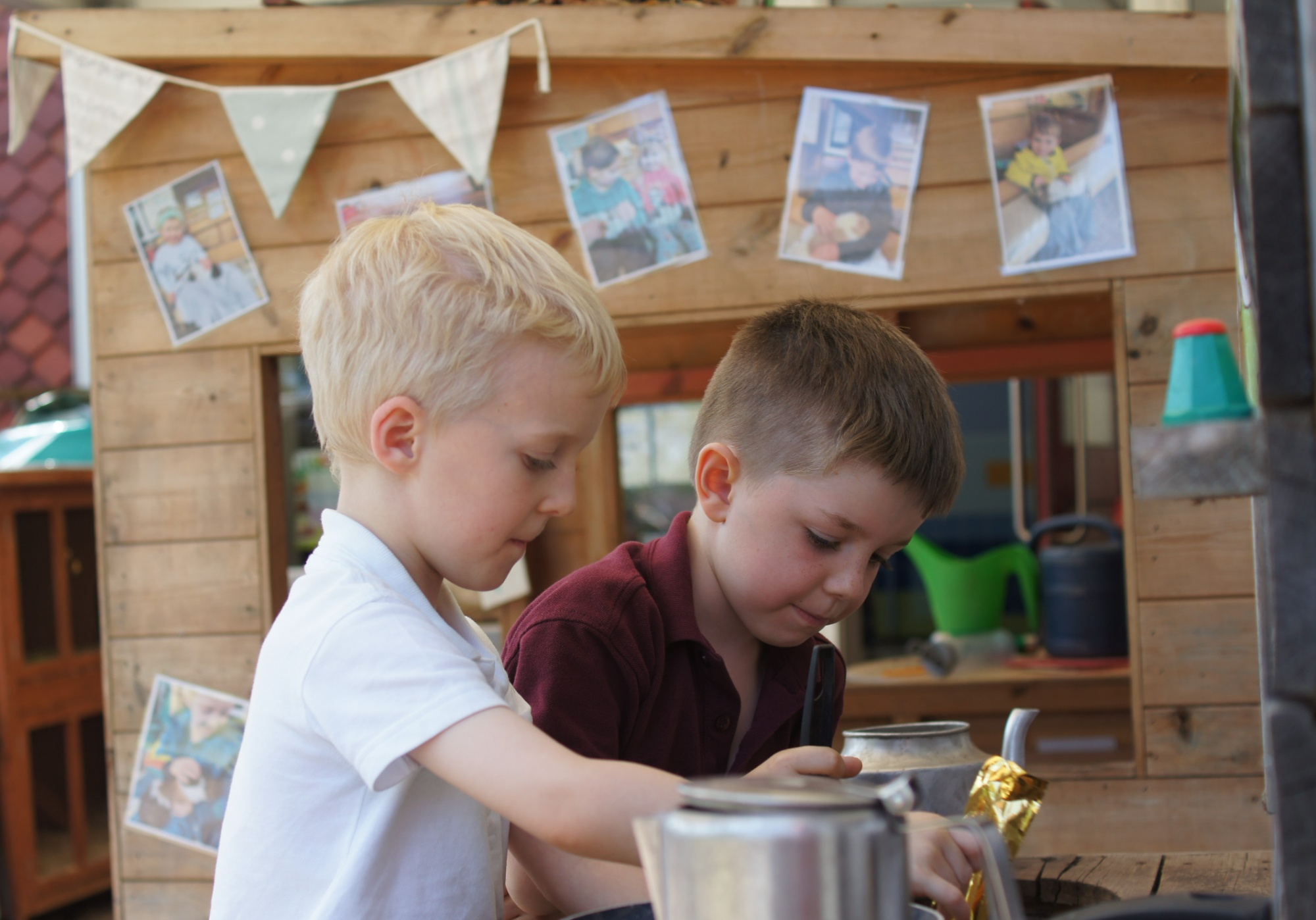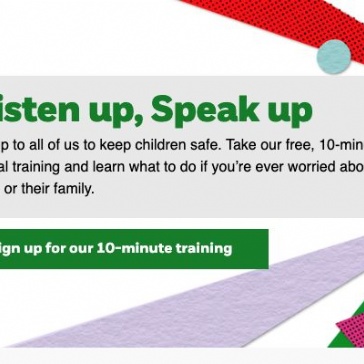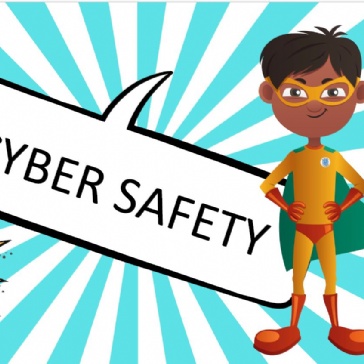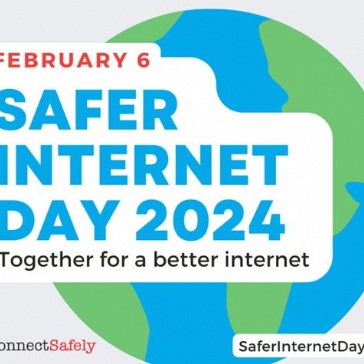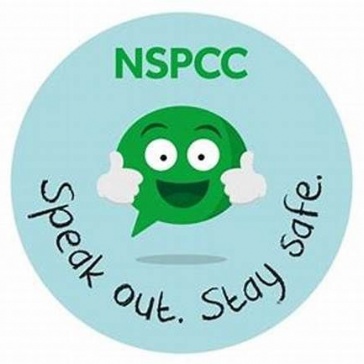In the run-up to Christmas, the guides below might help you make good choices for your children when it comes to choosing apps and video games as gifts.
What do the labels mean?
PEGI 3 The content of games with a PEGI 3 rating is considered suitable for all age groups. The game should not contain any sounds or pictures that are likely to frighten young children. A very mild form of violence (in a comical context or a childlike setting) is acceptable. No bad language should be heard.
PEGI 7 Game content with scenes or sounds that can possibly frightening to younger children should fall in this category. Very mild forms of violence (implied, non-detailed, or non- realistic violence) are acceptable for a game with a PEGI 7 rating.

PEGI 12 Video games that show violence of a slightly more graphic nature towards fantasy characters or non-realistic violence towards human-like characters would fall in this age category. Sexual innuendo or sexual posturing can be present, while any bad language in this category must be mild. Gambling as it is normally carried out in real life in casinos or gambling halls can also be present (e.g. card games that in real life would be played for money).
PEGI 16 This rating is applied once the depiction of violence (or sexual activity) reaches a stage that looks the same as would be expected in real life. The use of bad language in games with a PEGI 16 rating can be more extreme, while games of chance, and the use of tobacco, alcohol or illegal drugs can also be present.

PEGI 18 The adult classification is applied when the level of violence reaches a stage where it becomes a depiction of gross violence, apparently motiveless killing, or violence towards defenceless characters. The glamorisation of the use of illegal drugs and explicit sexual activity should also fall into this age category.
_________________________________________________________
THE PEGI CONTENT DESCRIPTORS
The game contains depictions of violence. In games rated PEGI 7 this can only be non- realistic or non-detailed violence. Games rated PEGI 12 can include violence in a fantasy environment or non-realistic violence towards human-like characters, whereas games rated PEGI 16 or 18 have increasingly more realistic-looking violence.
The game contains bad language. This descriptor can be found on games with a PEGI 12 (mild swearing), PEGI 16 (e.g. sexual expletives or blasphemy) or PEGI 18 rating (e.g. sexual expletives or blasphemy).

This descriptor may appear on games with a PEGI 7 if it contains pictures or sounds that may be frightening or scary to young children, or on PEGI 12 games with horrific sounds or horror effects (but without any violent content).
The game contains elements that encourage or teach gambling. These simulations of gambling refer to games of chance that are normally carried out in casinos or gambling halls. Games with this sort of content are PEGI 12, PEGI 16 or PEGI 18.
This content descriptor can accompany a PEGI 12 rating if the game includes sexual posturing or innuendo, a PEGI 16 rating if there is erotic nudity or sexual intercourse without visible genitals or a PEGI 18 rating if there is explicit sexual activity in the game.
Depictions of nudity in a non-sexual content do not require a specific age rating, and this descriptor would not be necessary.
The game refers to or depicts the use of illegal drugs, alcohol or tobacco. Games with this content descriptor are always PEGI 16 or PEGI 18.
The game contains depictions of ethnic, religious, nationalistic or other stereotypes likely to encourage hatred. This content is always restricted to a PEGI 18 rating (and likely to infringe national criminal laws).
More information:
1. Guidance on video game ratings: What do the labels mean? | Pegi Public Site
2. Featured guide: Age ratings | Parent Zone | At the heart of digital family life

